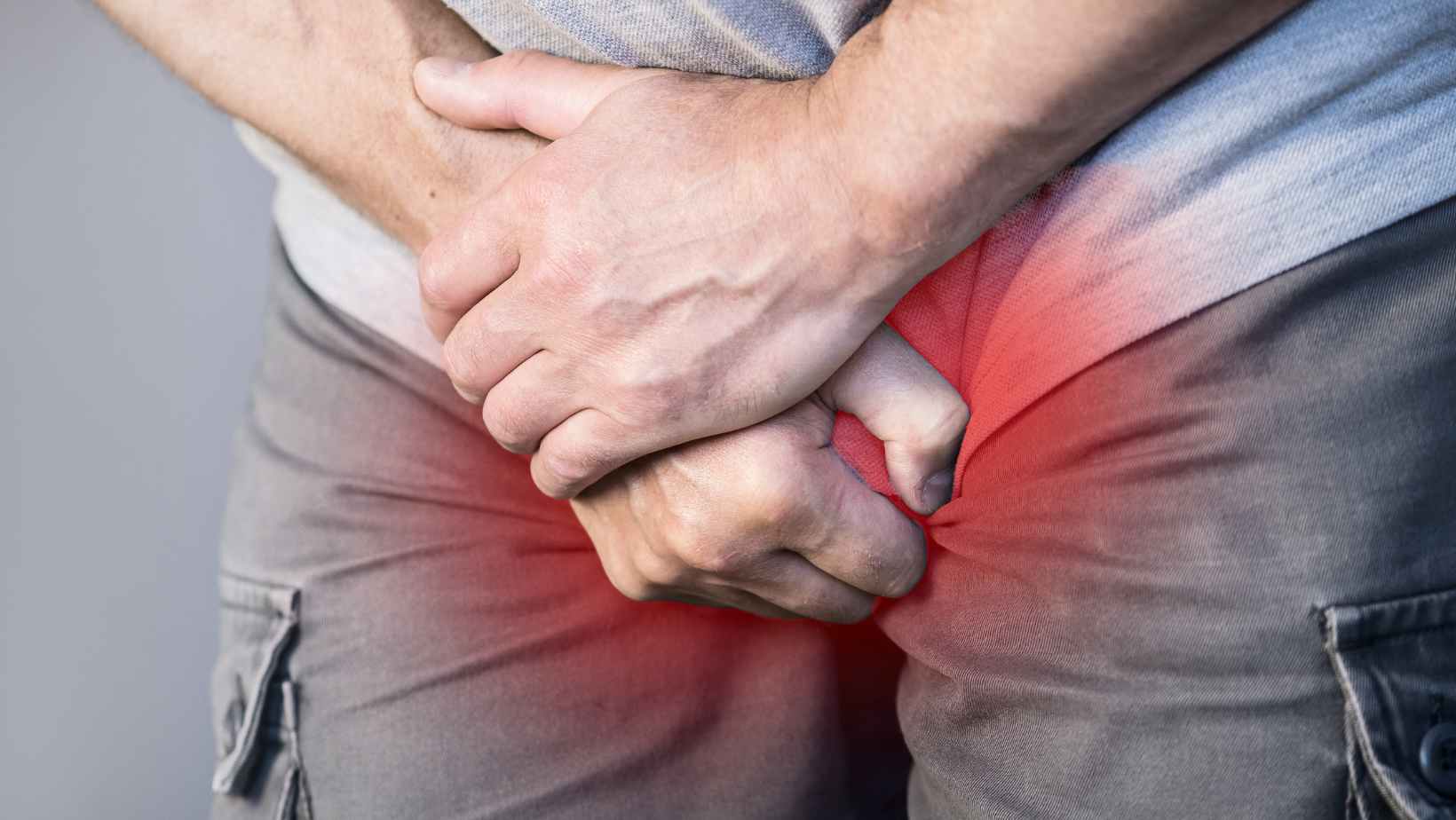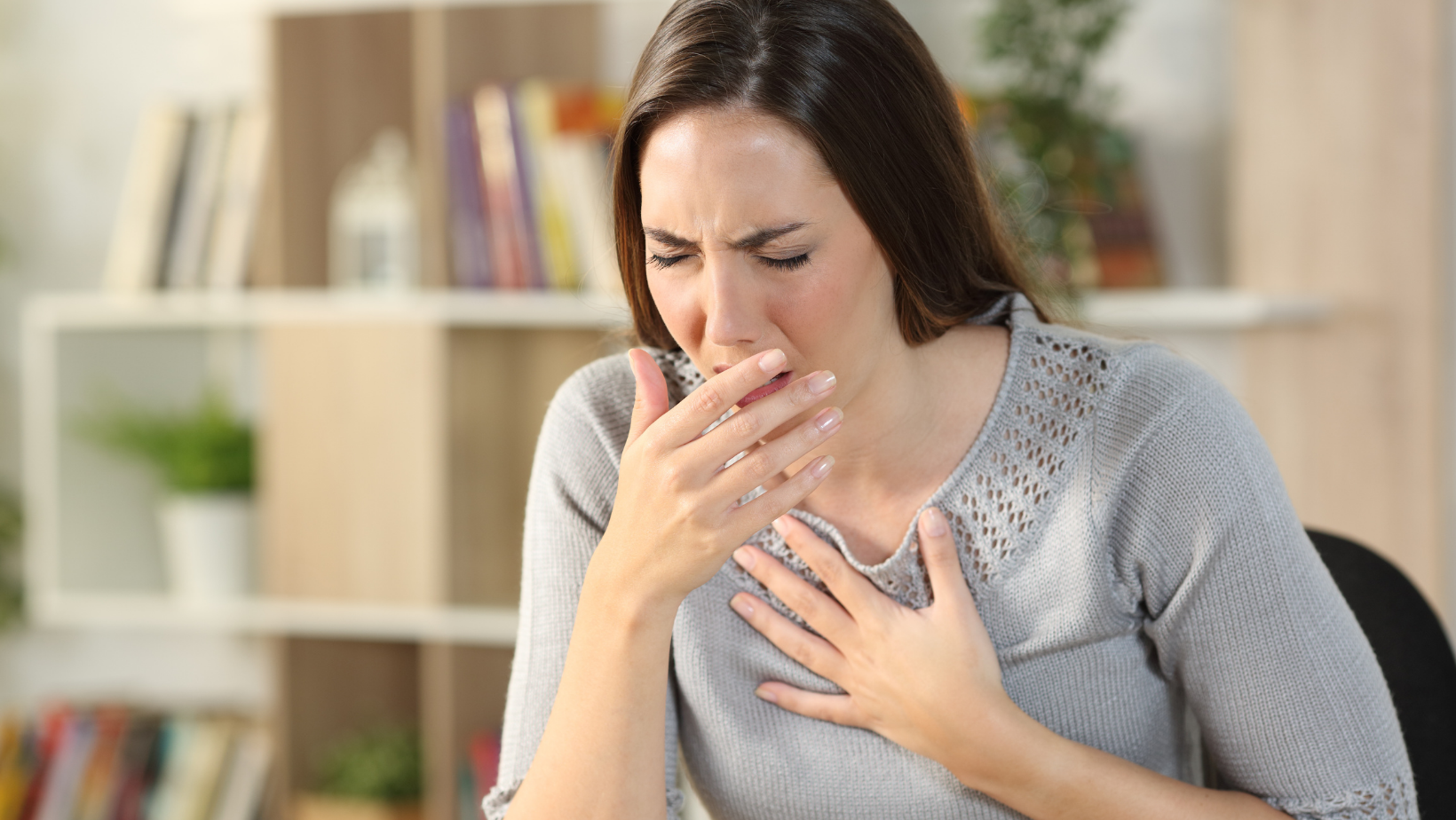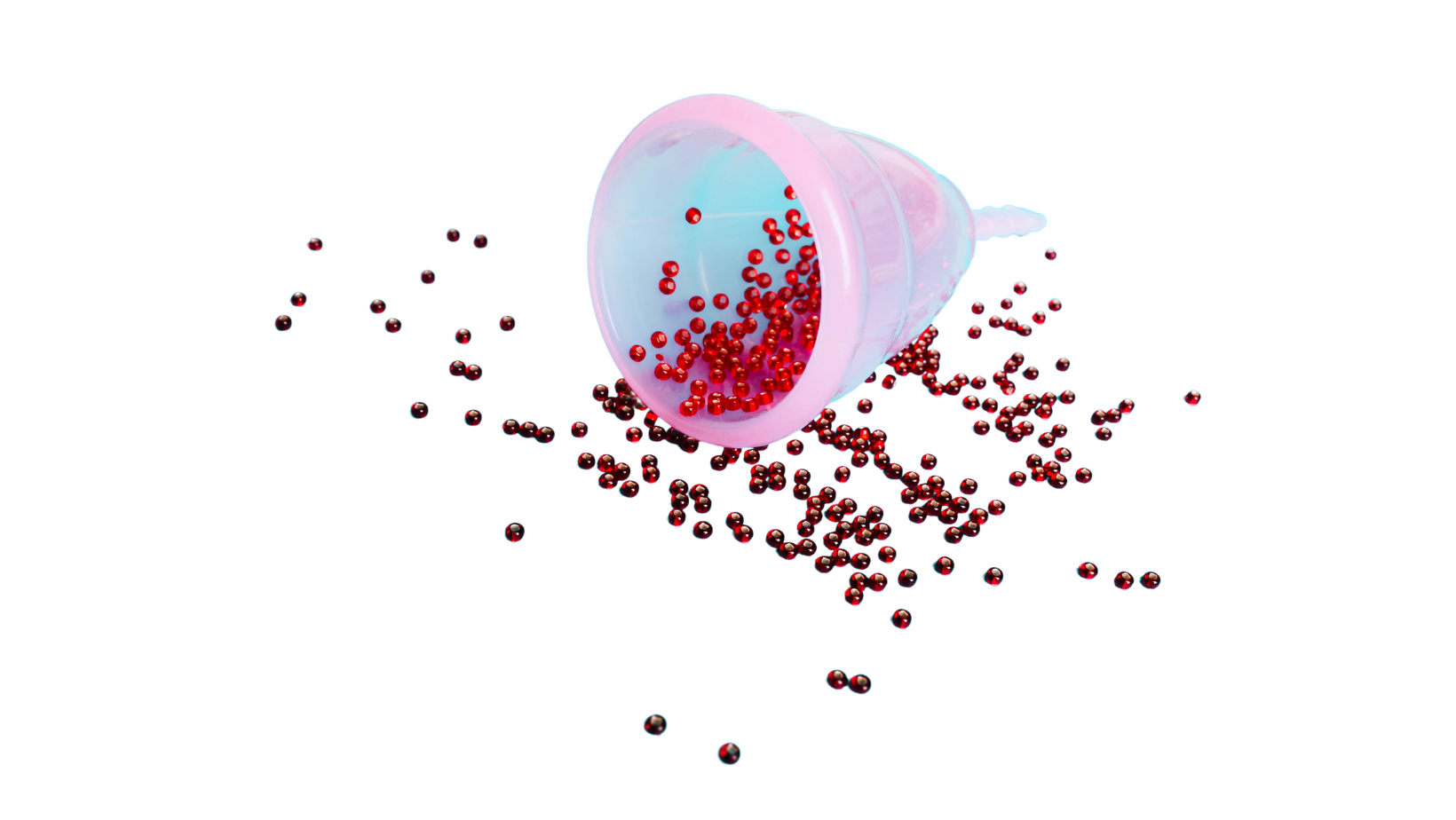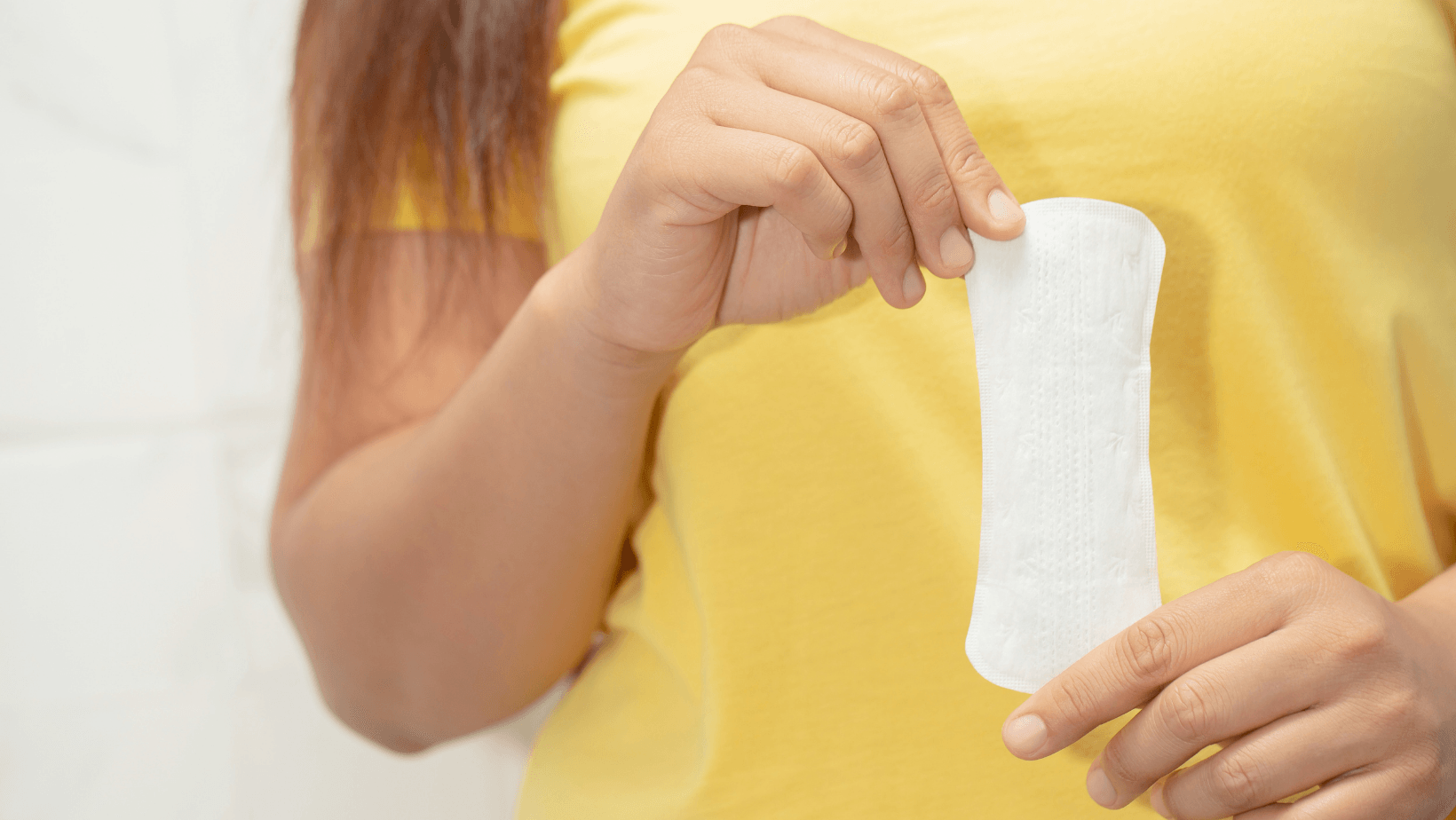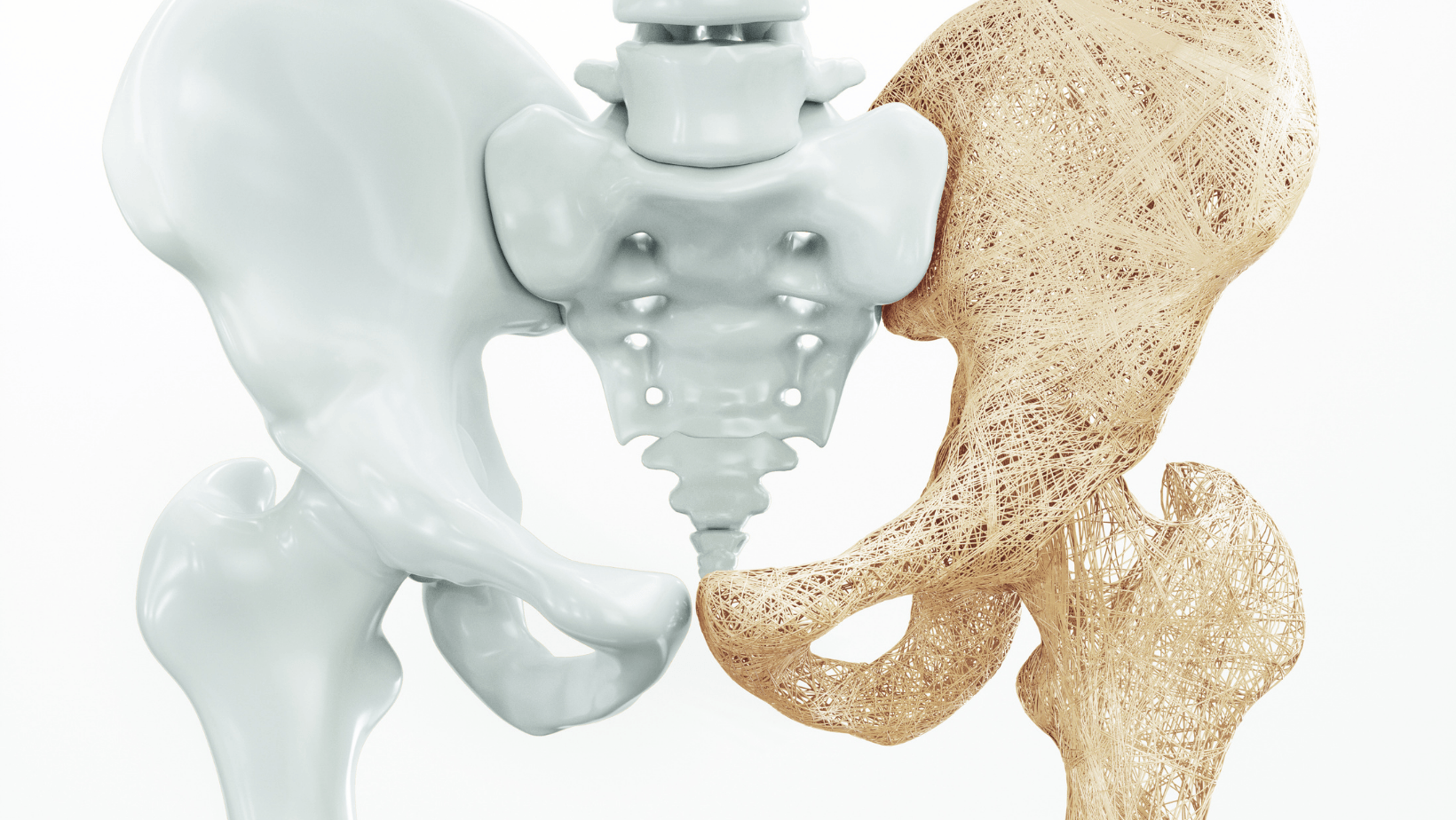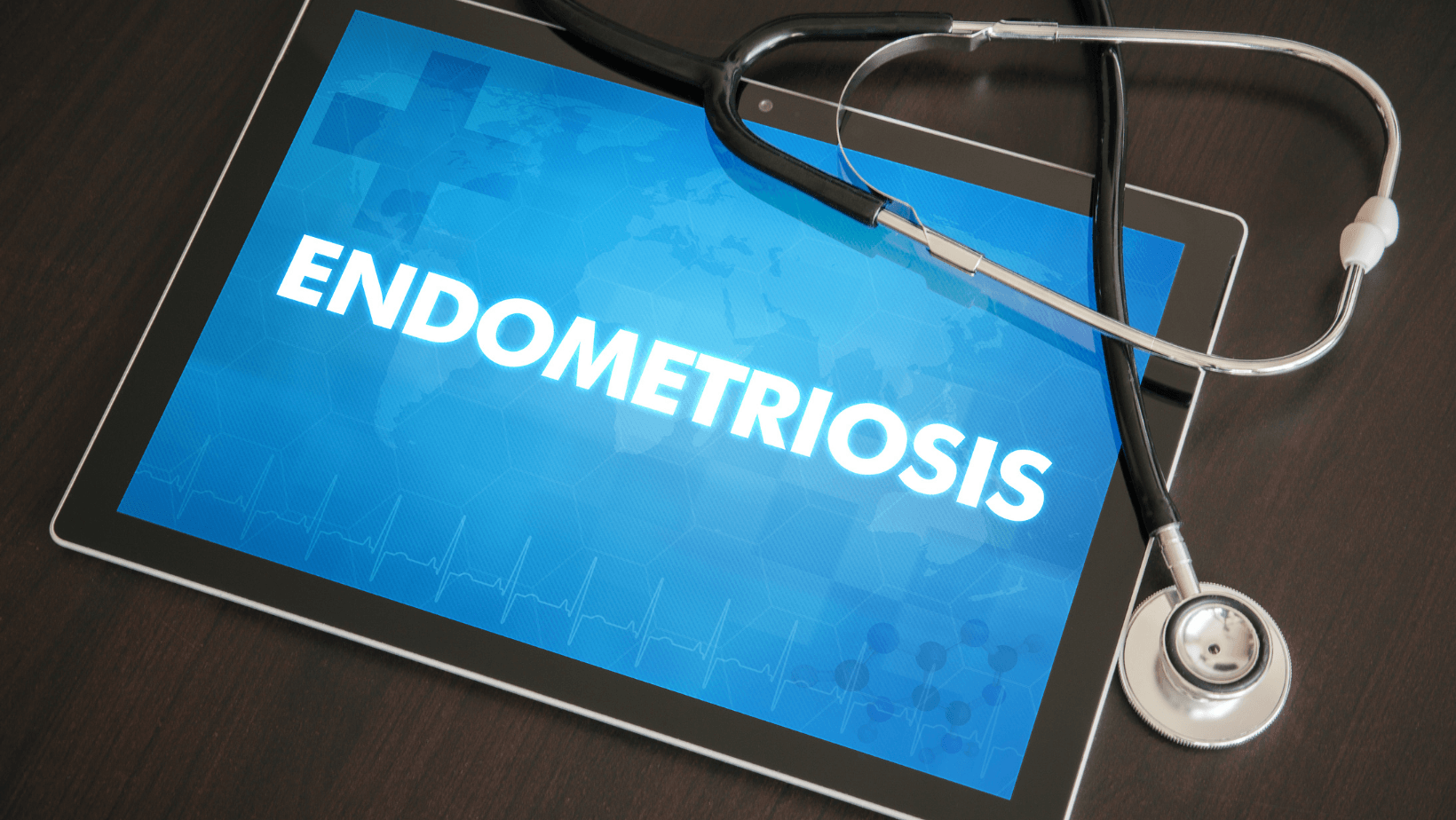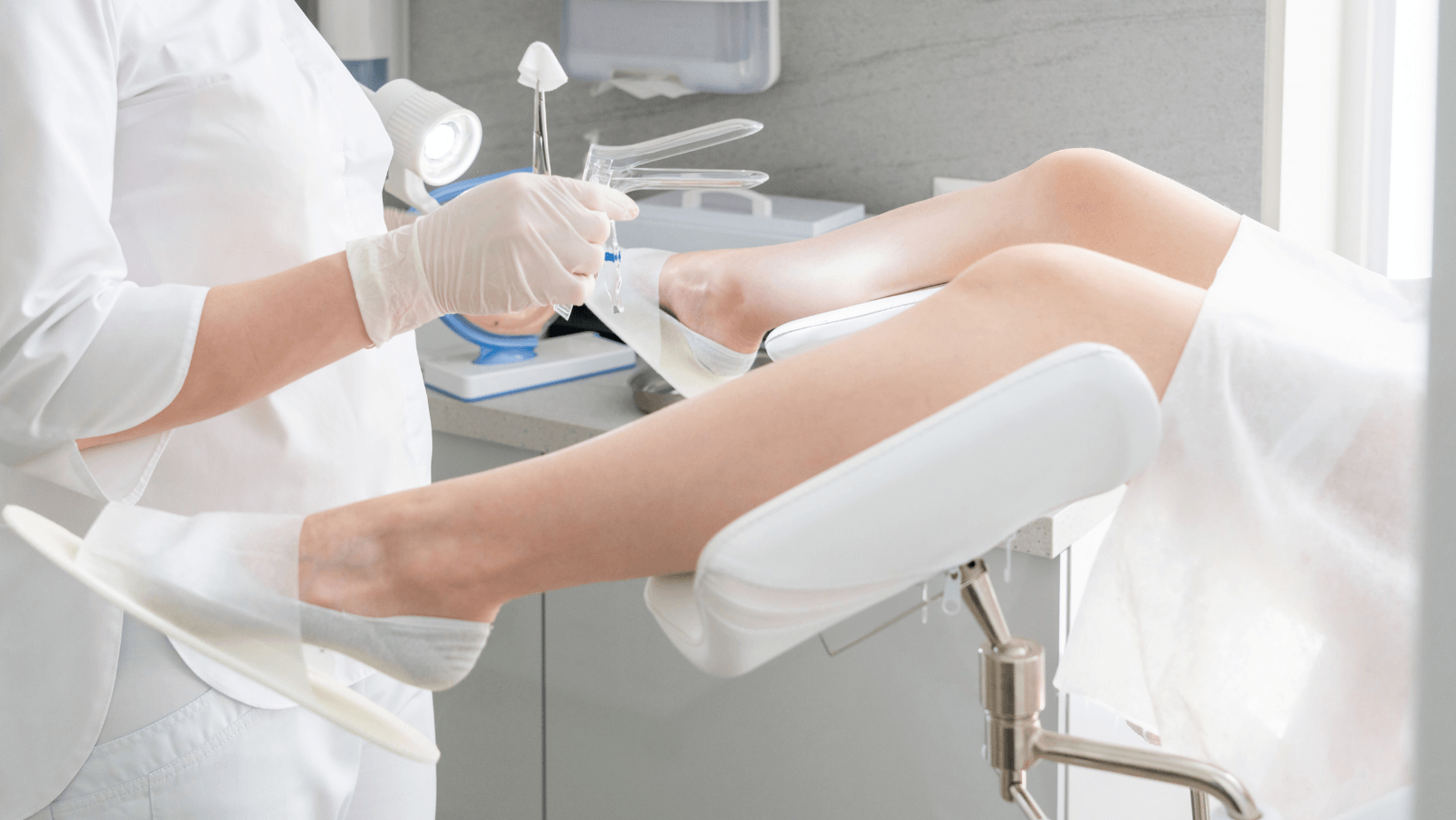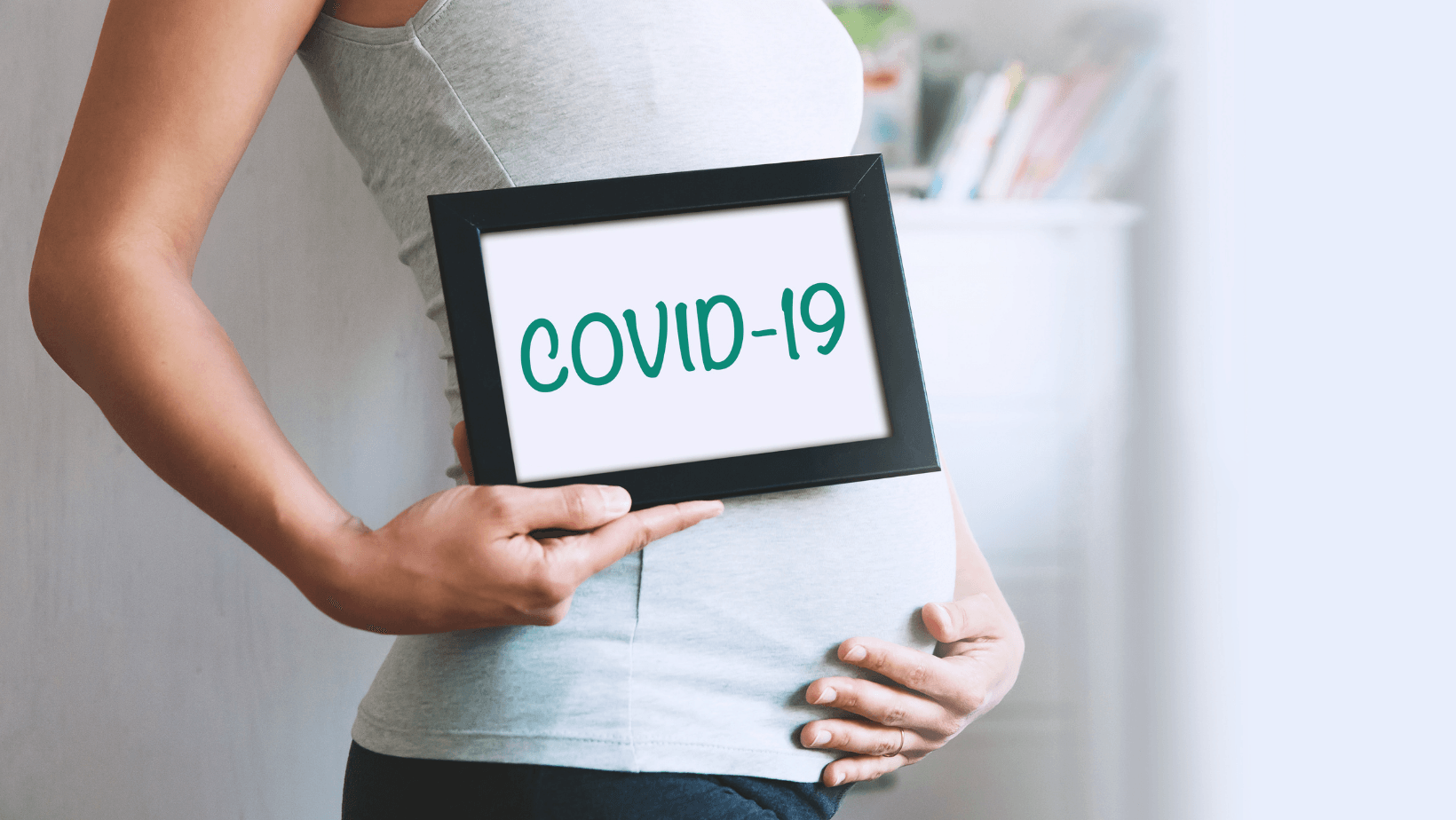Diverticulitis - Symptoms and Causes - Avicenna Health
Diverticulitis
Our article is about an important and common gastrointestinal disease called diverticulitis. It is common in the elder ages and seldom causes symptoms. Its importance comes from the complications that we’ll highlight in this article. Let’s figure out what diverticulosis is and have an idea about this common disease.
Definition of diverticulitis
Firstly, diverticula are small pouches that can form in the digestive system lining, most commonly in the colon (the large intestines).
Diverticulitis is when one or more of these small pouches become inflamed or get infected. Diverticulitis can cause severe abdominal pain, nausea, fever, and changes in bowel movements.
Symptoms
Symptoms happen when diverticula get inflamed. These symptoms include:
1. Pain: which can be constant for several days. It is more common in the lower left side of the abdomen
2. Nausea and vomiting
3. Fever and chills
4. bloating
5. Constipation, and sometimes could be diarrhea
6. There can be blood in the stools (poop)
Causes
Diverticula develop in the weak places of the colon under pressure. This pressure causes small pouches to protrude through the wall of the colon.
Risk Factors
There are many factors that can increase the risk of developing this disease, and they include:
- Age: the risk of having this disease increases with age
- Obesity and overweight: this also can increase the risk of having this disease
- Smoking
- Not doing exercise
- A High-fat and low-fiber diet
- Some medications such as NSAIDs (non-steroidal anti-inflammatory drugs), steroids, and opioids.
When to see a doctor?
- Anyone with the symptoms above should seek medical advice to get better treatment because this disease has some bad complications that include:
· Forming an abscess
· Blocking the bowel
· Forming fistula (an abnormal passageway between the bowels and different organs)
· Peritonitis, which is a medical emergency that requires immediate care.
Diagnosis
Doctors will order these tests to rule out the other causes of the symptoms and to confirm the diagnosis:
- Full Blood Count (FBC)
- Urea and electrolytes: to assess the kidney function and see if we could perform a contrast CT scan
- CRP: to identify inflammation
- Abdominal Contrast CT scan: we can see thickening of the bowel wall, an abscess, or a mass
- Abdominal Ultrasound: to see if there is a sign of abscess, perforation, or obstruction
- MRI: the same findings of the CT scan
- Chest X-ray: it can give us an idea if there is a perforation
- Colonoscopy: we can see the diverticula
- Diagnostic laparoscopy
- Sigmoidoscopy
Differential Diagnosis
- Endometriosis
- Colorectal cancer
- Appendicitis
- Ulcerative colitis
- Crohn’s disease
- Urinary tract infection
- Pyelonephritis
- Ischemic colitis
- Pelvic inflammatory disease
- Irritable bowel syndrome
Management
Treatment of this disease depends on the severity of its signs and symptoms.
- Mild diverticulitis can be treated at home with antibiotics and a liquid diet for several days.
- The Complicated disease will most likely require surgery.
References
Mayo Clinic – BMJ – Healthline - WebMD

